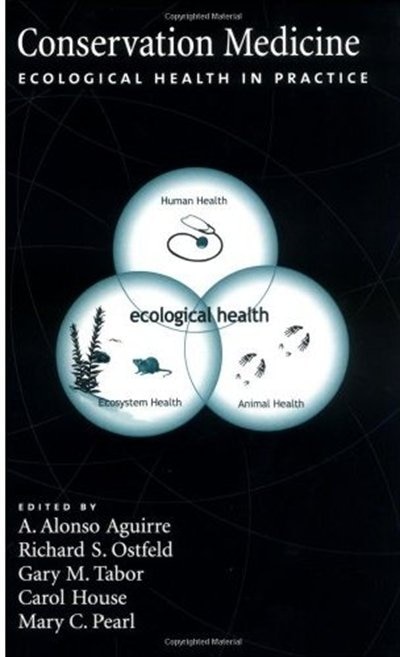
Compare Tropical Conservation by A. Alonso Aguirre, Hardcover | Indigo Chapters
A. Alonso Aguirre
$108.95
The tropics surround the Equator limited in latitude by the Tropic of Cancer in the northern hemisphere and the Tropic of Capricorn in the southern hemisphere. The tropics include all the regions on Earth where the Sun reaches a point directly overhead at least once during the solar year. Thesubtropics are geographic and climate zones located between the tropic circle of latitude and the 38th parallel in each hemisphere. The tropics and subtropics are home to about 75% of the global human population. Cultural, economic, and political circumstances vary enormously across this vastgeography of some 170 countries and territories. The regions not only harbor the world's poorest countries but their human populations are growing disproportionally faster than in temperate zones. Some countries are developing rapidly - Brazil, China, India, and Mexico being obvious examples, whileothers still remain in the poverty trap. This region contains an astonishing proportion of global biodiversity; some 90% of plant and animal species by some measures. Its contribution to human well-being is astounding. It was the birthplace for our species; and it hosts a myriad of plant and animal species which products feed us, keep ushealthy, and supply us with a variety of material goods. The tropics and subtropics are also a natural laboratory where some of humanity's most important scientific discoveries have been made. Such biodiversity has enormous implications for research priorities, capacity building, and policy toaddress the challenges of conserving this region. Tropical Conservation: Perspectives on Local and Global Priorities drew the majority of its contributors from this growing pool of scientists and practitioners working in Latin America, Africa, and Asia. It introduces important conservation concepts and illustrates their application as the authorsdirectly capture real world experiences in their home countries in preventing biodiversity loss and sustaining ecological health. Today, no part of the world can be viewed in isolation, and we further codify and integrate a range of approaches for addressing global threats to nature andenvironmental sustainability, including climate change and emerging diseases. Five sections structure the major themes. | Tropical Conservation by A. Alonso Aguirre, Hardcover | Indigo Chapters







